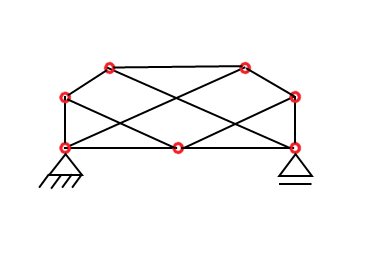Types of lattice beam
Lattice beams are constructions or construction elements made up of soles, diagonals, uprights and connecting parts, which as a whole work on bending.
A beam has the role of taking the load of the elements resting on it and sending it further, to the resistance elements of the construction.
As part of the resistance structure of the roof, the trusses represent a non-deformable system of straight bars competing in nodes. These joints can be made with rivets, bolts or by welding. The interval between two nodes is called a panel.
The composition system of the beams with lattices is made of:
* soles – contour bars, which edge the structure;
* lattices – internal bars, which connect the soles together.
The beams of the beam that connect the soles are connected to them in knots that are considered perfect joints.
Metal beams have an increased capacity to withstand the loads exerted by strong wind or earthquakes and represent a key element in large-scale constructions.
The performance of a beam is influenced not only by its shape and physical dimensions, but also by the geometry of the cross section.
According to the method of composition, lattice beams are classified into:
1. Beams with simple trusses
They are formed by a sequence of triangles, without the triangular surface overlapping.
Also, depending on the grid distribution method, beams with simple grids can be:
a. Beams with simple lattices with a triangular system
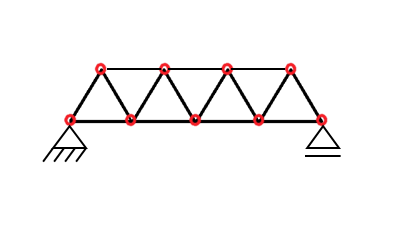
b. Beams with simple lattices with a rectangular system
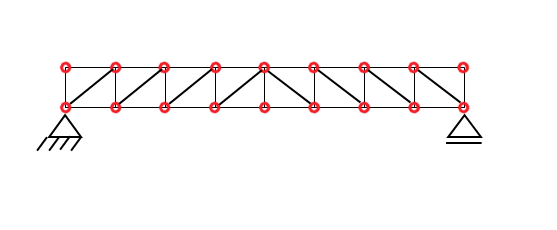
c. Beams with simple diagonal lattices in K
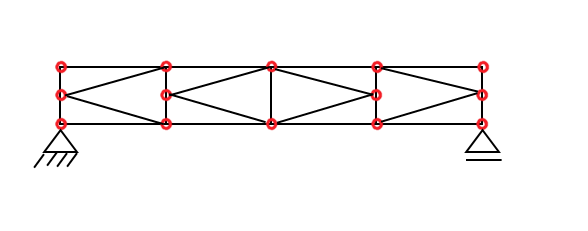
2. Beams with composite trusses
They are made up by superimposing simple systems so that the assembly has geometric invariance.
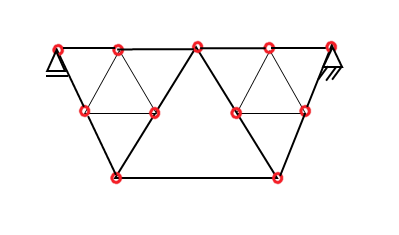
3. Beams with complex lattices
They are characterized by the fact that at least three bars start from each node, and the intersection points of the diagonals are not considered nodes.
